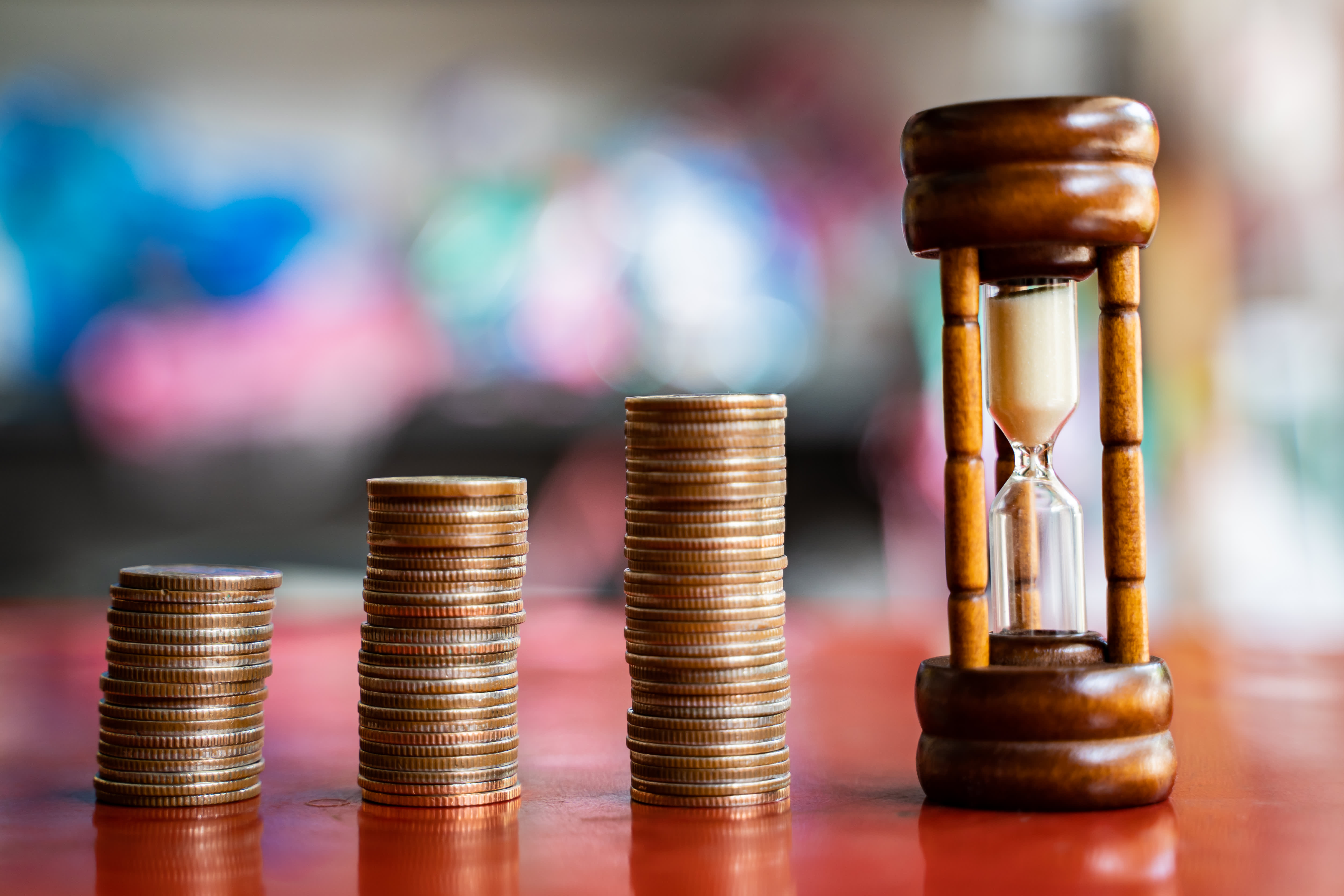Holidaymakers heading abroad this summer can increase their spending power by up to 60% compared to last year if they exchange pounds for foreign currency this week.
Families with trips planned for later this year might find that buying their holiday money now offers the best deal, thanks to a recent surge in the value of the pound.
Last week, sterling reached its highest level against the euro in nearly two years, trading at €1.1785 on May 29, the highest in 21 months.
However, experts caution that uncertainty surrounding the upcoming General Election could cause further fluctuations in the currency—either positive or negative.
This means those who wait until next month to exchange their money might end up worse off. Conversely, they could benefit from a better exchange rate if confidence in Britain increases.
The Pound’s Euro Climb
The pound has recently performed well against the euro, bolstered by the UK’s persistently high rate of inflation, which hasn’t dropped as quickly as expected. This has quashed hopes for an early interest rate cut, with the Bank of England not expected to reduce the base rate until later in the year.
Meanwhile, the European Central Bank (ECB) is anticipated to cut interest rates soon due to declining European inflation levels.
Higher interest rates tend to strengthen a currency, as investors seek higher returns, increasing demand and value. Thanim Islam, from currency specialist Equals Money, suggests buying the majority of your foreign currency now as the pound is currently more attractive.
On Monday, sterling was trading at an average of €1.1741, according to foreign exchange specialist Monex. However, holidaymakers won’t get this exact rate as intermediary companies typically offer different rates to make a profit.
Turkish Lira Tumbles
The pound has strengthened against 22 of the 26 best-selling currencies over the past year, according to the Post Office exchange rate monitor. The most significant gain was against the Turkish lira, which saw a 59.4% increase in value over the past year.
This means holidaymakers would receive 18,292 lira for £500 now, compared to 11,476 lira a year ago—an extra 6,816 lira, enough for two nights in a three-star hotel in Istanbul this August.
However, Turkey has experienced a substantial price increase, with inflation exceeding 75% in the year to May.
Sterling has gained 2.6% against the U.S. dollar over the past year, and visitors to Japan will now get 15% more yen per pound than they did 12 months ago. The pound has also increased 1.2% against the euro.
Last year, a family of four spent an average of £2,550 on food, drink, and entertainment during a nine-night holiday abroad, according to data firm NimbleFins. A family visiting Europe last summer would have had €2,917 for their £2,550; this year, they would get €2,938.
Experts recommend buying most of the euros you need now for summer trips, as the pound may weaken in the coming weeks due to the General Election.
Hedge Your Bets
To mitigate risks, holidaymakers can hedge their bets. Simon Phillips from travel money specialists No 1 Currency advises converting half of your money now and monitoring rates as your holiday approaches before converting the rest.
If you’re traveling to Turkey, Phillips suggests buying the currency closer to your departure due to volatile Turkish lira rates.
Shop for the Best Deal
Currency rates vary, so shop around for the best deal. On Monday, the Post Office offered €1,152 for £1,000 online, while Marks & Spencer offered €1,153. However, in-store rates can be lower, as seen with M&S offering just €1,133 for £1,000.
Cash or Card?
Carrying cash can help with budgeting and provide security in emergencies. Alternatively, travelers can use prepaid travel cards to lock in exchange rates. The Wise prepaid travel card offered €1,170 for £1,000 on Monday, giving nearly €40 more than M&S.
For flexibility, consider carrying both cash and a travel money card. Debit cards can also be used abroad, with banks like Lloyds, Starling, First Direct, and Chase offering no foreign transaction fees.
Avoid Airport Exchange Rates
Avoid exchanging currency at the airport where rates are typically less favorable. Plan ahead to get the best deal for your holiday money.





